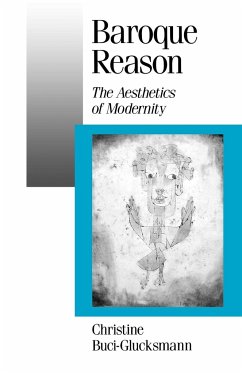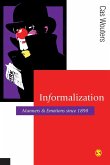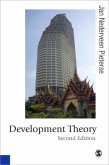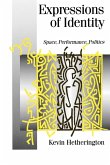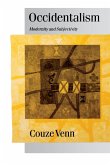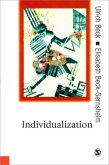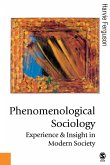In this fascinating book, Christine Buci-Glucksmann explores the condition of modernity - alienation, melancholy, nostalgia - through the works of a number of writers and philosophers, including the social and aesthetic philosophy of Walter Benjamin.
The author examines Baudelaire's haunting image of the city and its profound effect on conceptions of modernity. She goes on to consider how such influential figures as Nietzsche, Adorno, Musil, Barthes and Lacan constitute a baroque paradigm, united by their allegorical style, their conflation of aesthetics with ethics and their subject matter - death, catastrophe, sexuality, myth, the female. In her exegesis of these fundamental themes Buci-Glucksmann proposes an epistemology beyond postmodernism.
This extraordinary exposition of a baroque reason for modernity sheds new light on a number of themes central to modern social theory.
The author examines Baudelaire's haunting image of the city and its profound effect on conceptions of modernity. She goes on to consider how such influential figures as Nietzsche, Adorno, Musil, Barthes and Lacan constitute a baroque paradigm, united by their allegorical style, their conflation of aesthetics with ethics and their subject matter - death, catastrophe, sexuality, myth, the female. In her exegesis of these fundamental themes Buci-Glucksmann proposes an epistemology beyond postmodernism.
This extraordinary exposition of a baroque reason for modernity sheds new light on a number of themes central to modern social theory.

